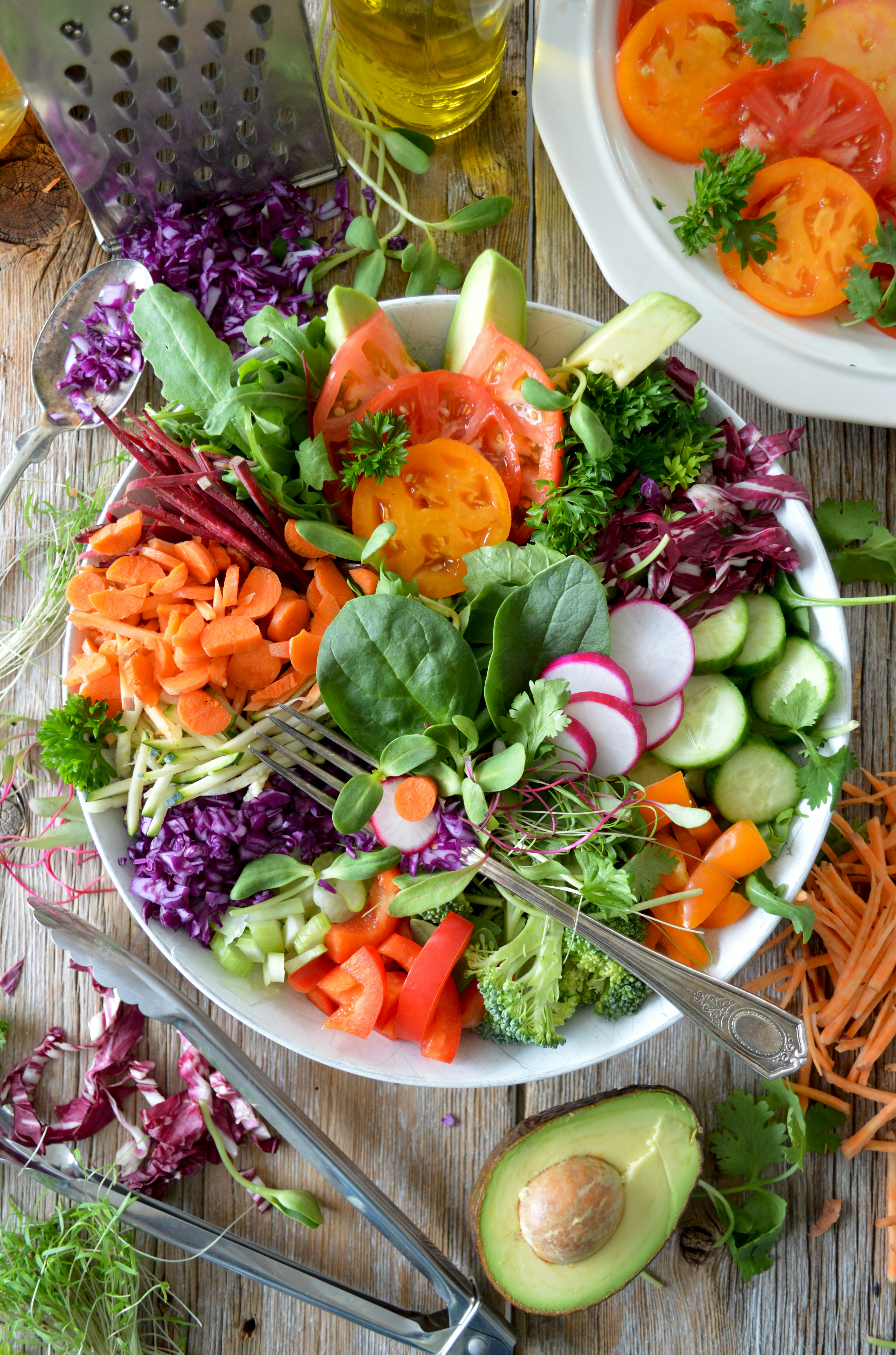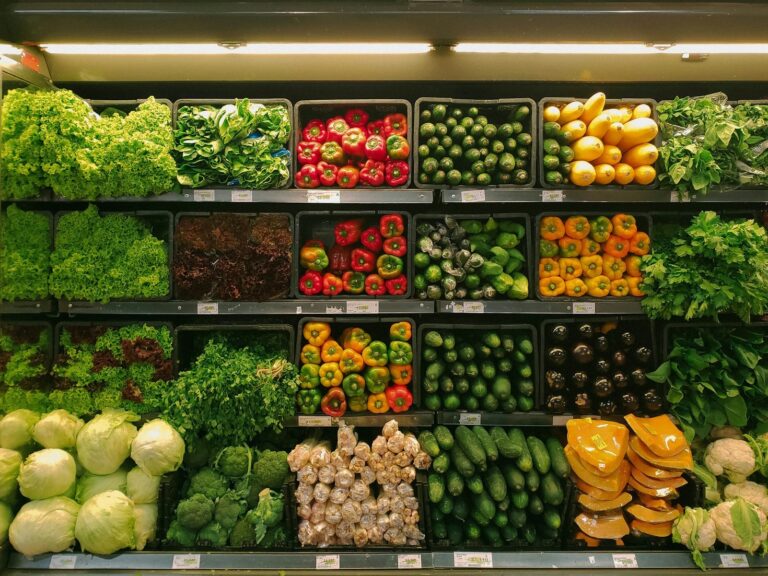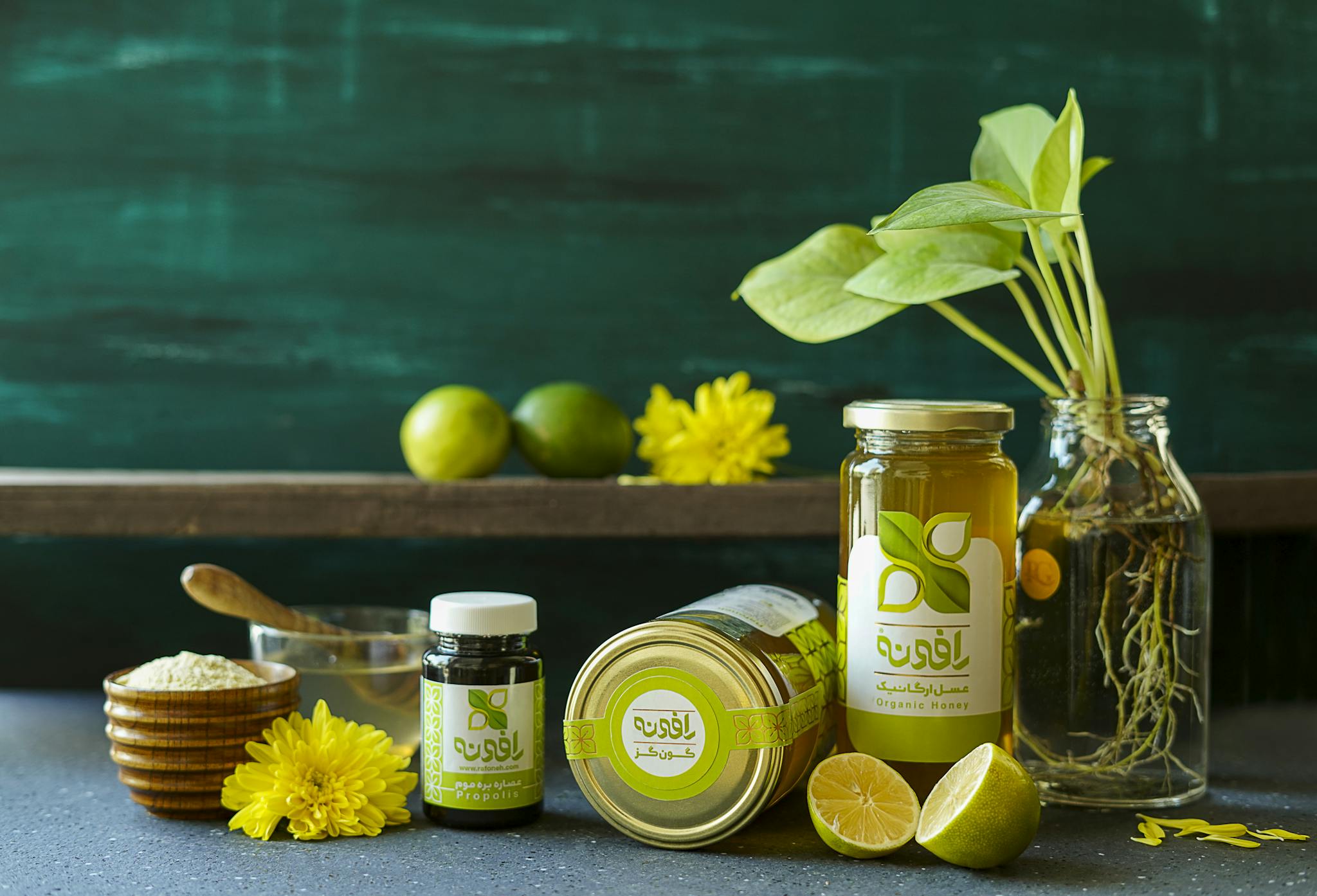Introduction
Organic Shopping Guide for Your grocery cart is more than just a collection of items, it’s a mirror of your wellness journey. Every choice you make while shopping has the power to either support your health or slow it down. By intentionally filling your cart with nutrient-rich, organic foods, you create a foundation for healing, vitality, and long-term well-being.
This organic shopping guide is designed to make those healing choices simple and practical. You don’t need to feel overwhelmed by all the options in the store, just focusing on a few core staples can transform the way you eat and feel. With these essentials, your kitchen will be stocked with foods that fuel your body, balance your energy, and help you thrive.

10 Must-Have Organic Foods
1. Leafy greens
Spinach, kale, arugula, and Swiss chard are nutritional powerhouses. They’re rich in vitamins A, C, and K, as well as iron and calcium. Organic leafy greens are especially important since conventional versions often carry high pesticide residues. Add them to smoothies, salads, or sautés for a daily nutrient boost.
2. Fresh berries
Strawberries, blueberries, raspberries, and blackberries are bursting with antioxidants that fight inflammation and support immune health. Since berries are delicate and often sprayed heavily, buying them organic reduces toxic exposure. Enjoy them fresh, frozen, or in oatmeal for a naturally sweet, healing snack.
3. Whole grains (quinoa, brown rice)
Organic whole grains provide steady energy and fiber to support digestion. Quinoa is a complete protein, while brown rice is packed with minerals like magnesium and selenium. Keeping these grains in your pantry ensures you always have a healthy base for meals.
4. Beans and legumes
Lentils, chickpeas, and black beans are affordable, versatile, and protein-packed. Organic options are free from chemical preservatives and often easier on digestion. Use them in soups, curries, salads, or even veggie burgers for a hearty, nourishing meal.
5. Nuts and seeds
Almonds, walnuts, chia seeds, and flaxseeds offer healthy fats, protein, and fiber. They’re perfect for snacking or sprinkling over salads, smoothies, or yogurt. Organic varieties are preferable because conventional nuts and seeds are often treated with pesticides or irradiated during processing.
6. Healthy oils (olive, coconut)
Organic extra virgin olive oil and cold-pressed coconut oil are rich in antioxidants and healthy fats that support heart health and reduce inflammation. Use olive oil for dressings or light cooking, and coconut oil for sautéing, baking, or even as a natural skin moisturizer.
7. Herbal teas
Chamomile, peppermint, ginger, and green tea not only hydrate but also offer therapeutic benefits, from calming digestion to reducing stress. Choosing organic teas ensures they’re free of chemical residues and artificial flavors, allowing the herbs to work their natural magic.
8. Spices (turmeric, cinnamon)
Organic spices are small but mighty healing tools. Turmeric is renowned for its anti-inflammatory properties, while cinnamon helps balance blood sugar. Stocking your kitchen with high-quality organic spices allows you to season meals with both flavor and wellness benefits.
9. Organic eggs
Organic, free-range eggs are rich in protein, omega-3 fatty acids, and essential vitamins. Unlike conventional eggs, they come from hens raised without antibiotics or hormones, offering a cleaner, more nutrient-dense source of protein for breakfasts, baking, or savory meals.
10. Seasonal vegetables
Eating with the seasons ensures you’re getting produce at its peak freshness and nutritional value. Organic seasonal vegetables also tend to be more affordable. Rotating your vegetable choices keeps meals exciting and introduces your body to a wide variety of nutrients throughout the year.
Shopping Tips
- Shop the perimeter of the store – Fresh produce, dairy, eggs, and meats are usually placed along the outer edges of grocery stores, while the inner aisles tend to hold more processed foods. Staying on the perimeter helps you naturally prioritize whole, fresh options.
- Buy local and seasonal – Farmers’ markets or local co-ops often provide fresher, more nutrient-dense foods at better prices. Seasonal produce is not only cheaper but also more in harmony with your body’s natural needs for each time of year.
- Read labels carefully – Even products marketed as “natural” may contain hidden sugars, preservatives, or additives. Look for certifications like USDA Organic or Non-GMO Project Verified, and stick to ingredient lists you can actually understand.
- Plan ahead and make a list – Going to the store with a clear list based on your weekly meals reduces impulse buys and ensures your cart stays aligned with your health goals.
- Buy in bulk when possible – Staples like grains, nuts, seeds, and beans can be much more affordable when purchased in bulk, and they store well for long-term use.
Conclusion
With this organic shopping guide, every grocery trip becomes more than just an errand, it becomes a step toward nourishment, healing, and vitality. By choosing organic, whole foods, you’re not only feeding your body, you’re protecting it from toxins, supporting your immune system, and creating the conditions for long-term wellness.
Remember, the goal isn’t perfection. You don’t have to buy everything organic right away. Start with the essentials, like leafy greens, berries, and healthy oils, and gradually expand as your budget and lifestyle allow. Over time, these choices add up, transforming your pantry, your meals, and your overall health.
The grocery cart you push today shapes the energy, resilience, and healing you experience tomorrow. So the next time you shop, fill your cart with foods that love you back, because nourishment starts with the choices you make, one trip at a time.



